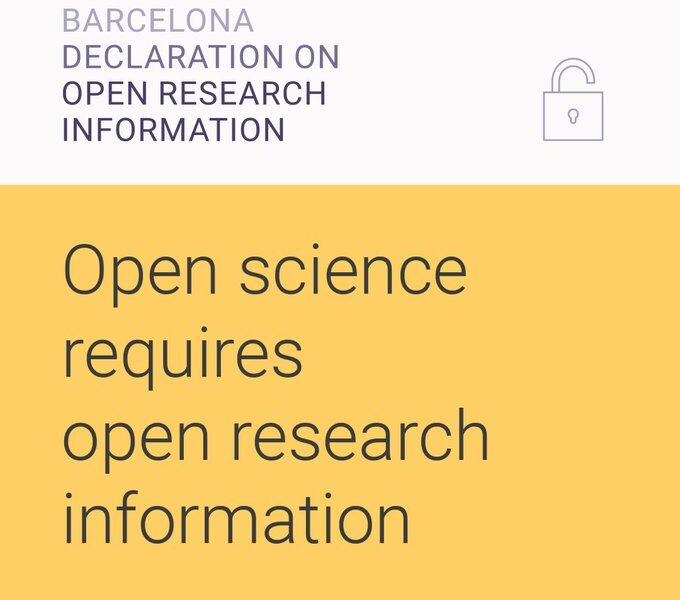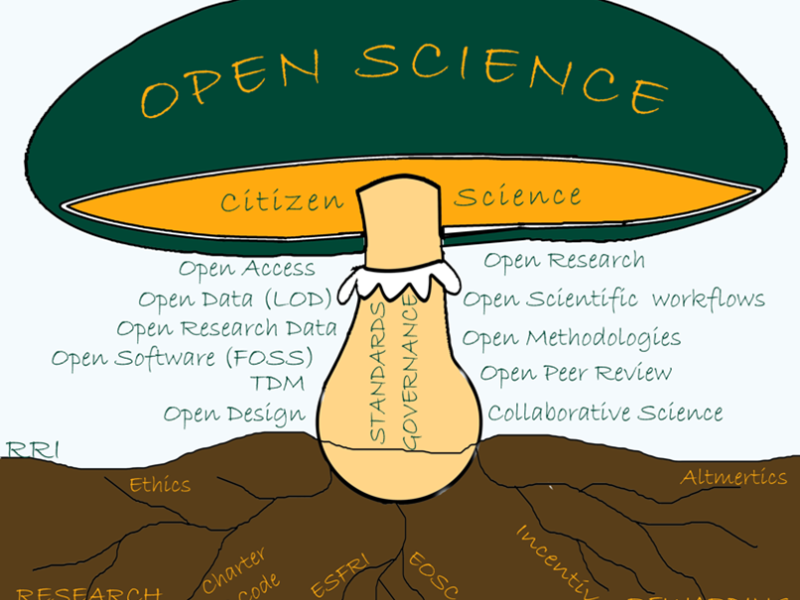How Technology is Revolutionizing Scientific Research
How Technology is Revolutionizing Scientific Research https://opusproject.eu/wp-content/uploads/2023/03/pexels-christina-morillo-1181675.jpg 1 1 Open and Universal Science (OPUS) Project Open and Universal Science (OPUS) Project https://opusproject.eu/wp-content/uploads/2023/03/pexels-christina-morillo-1181675.jpgThe 21st century has witnessed a digital revolution that has impacted virtually every aspect of our lives, including the way we conduct scientific research. Digitalization has transformed the way we generate, analyze, store, and share data, making it easier for scientists to collaborate and disseminate their findings to a wider audience. At the same time, the rise of open science has challenged traditional practices in scientific research, encouraging greater transparency, collaboration, and accessibility.
Digitalization and open science are closely intertwined, as both rely on technology to enable new modes of scientific inquiry. Digitalization has allowed researchers to generate and collect vast amounts of data, using sophisticated sensors, imaging techniques, and computational tools. For example, the field of genomics has been revolutionized by advances in high-throughput sequencing technology, which can generate massive amounts of DNA data in a matter of hours. Similarly, the field of neuroscience has benefited from advanced imaging techniques, such as functional magnetic resonance imaging (fMRI), which can capture detailed images of brain activity in real-time.
Once collected, these large datasets can be analyzed using powerful computational tools, such as machine learning algorithms, to identify patterns and insights that would be impossible to discern with traditional statistical methods. These tools can help researchers to uncover new associations and relationships between variables, and to develop more accurate models and predictions.
Open science, on the other hand, seeks to make scientific research more transparent, collaborative, and accessible to the wider community. This movement is driven by a growing recognition that scientific knowledge is a public good, and that research findings should be openly shared and evaluated by the scientific community. Open science encompasses a range of practices, including open access publishing, preprints, open data, and open peer review.
Open access publishing is a key component of open science, as it makes scientific publications freely available to anyone with an internet connection, rather than being restricted to those with access to expensive journal subscriptions. This model has gained traction in recent years, with many funding agencies and universities requiring researchers to publish their findings in open access journals.
Preprints are another important aspect of open science, as they allow researchers to share their findings with the scientific community before they undergo peer review. This enables researchers to receive feedback and improve their research before it is formally published, and can also help to accelerate the pace of scientific discovery.
Open data is another key component of open science, as it makes scientific data freely available to other researchers and the public. This can help to promote transparency, enable replication of results, and facilitate collaboration between researchers from different disciplines and institutions.
Finally, open peer review seeks to make the peer review process more transparent and accountable, by allowing reviewers to sign their reviews and share them publicly. This can help to reduce bias and promote constructive criticism, while also promoting greater engagement and participation from the scientific community.
Overall, digitalization and open science are transforming the landscape of scientific research, enabling new modes of inquiry and promoting greater transparency, collaboration, and accessibility. While these developments are not without challenges, including concerns around data privacy and quality control, they hold great promise for advancing scientific knowledge and addressing some of the world’s most pressing challenges. As technology continues to evolve, it will be interesting to see how these trends continue to shape the future of scientific research.
- Posted In:
- Open Science News




